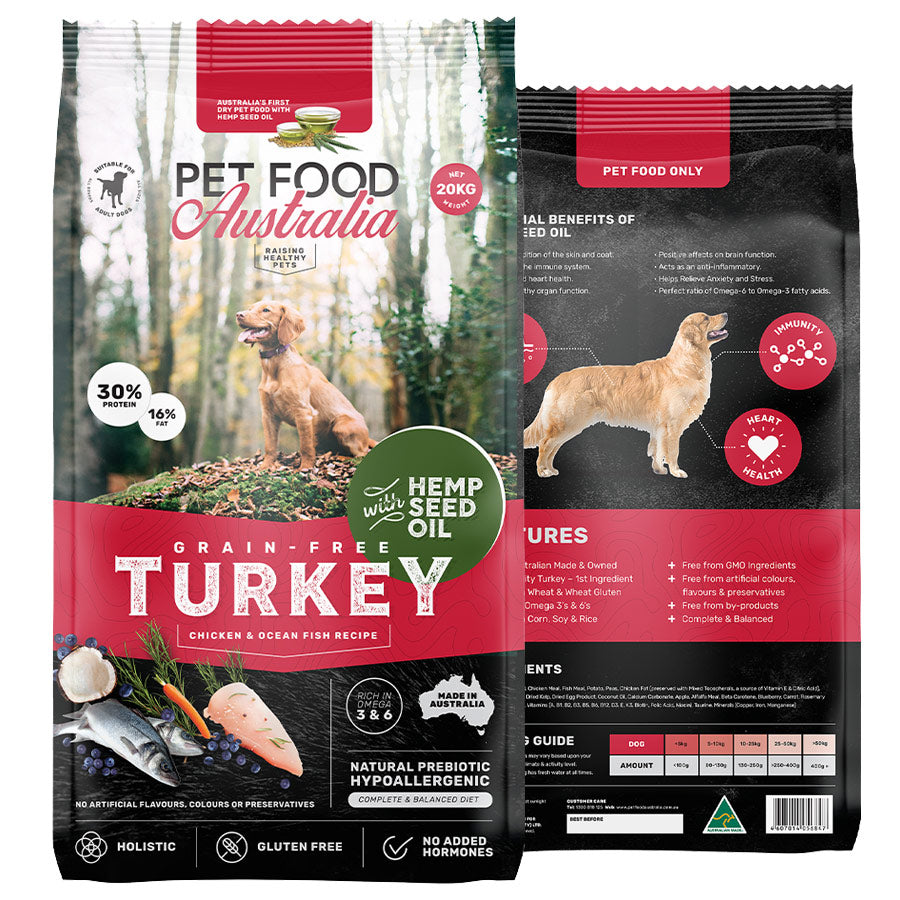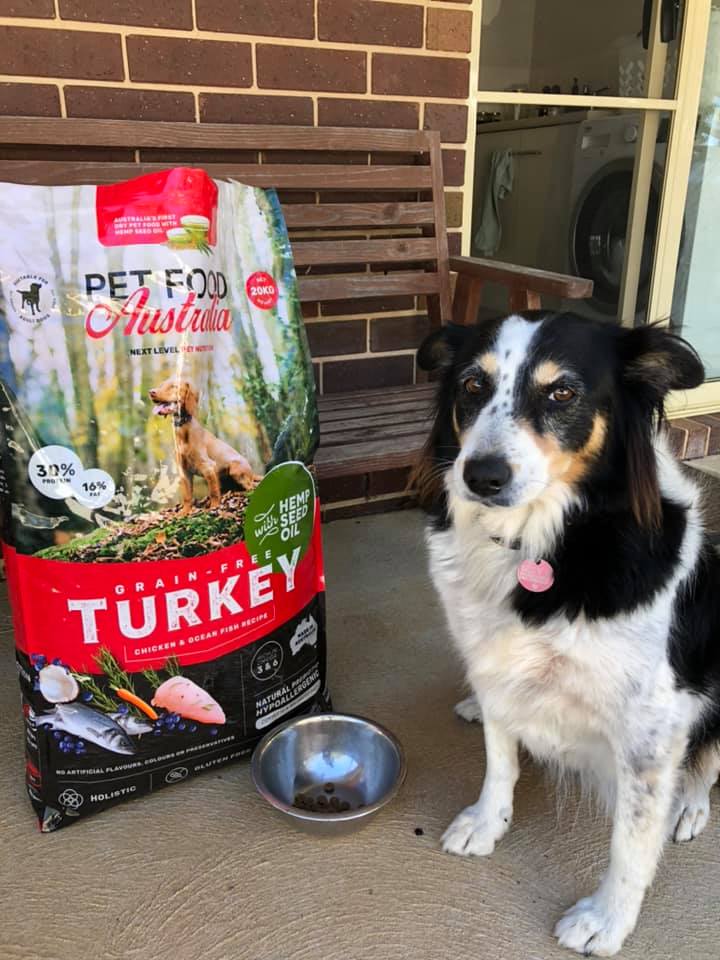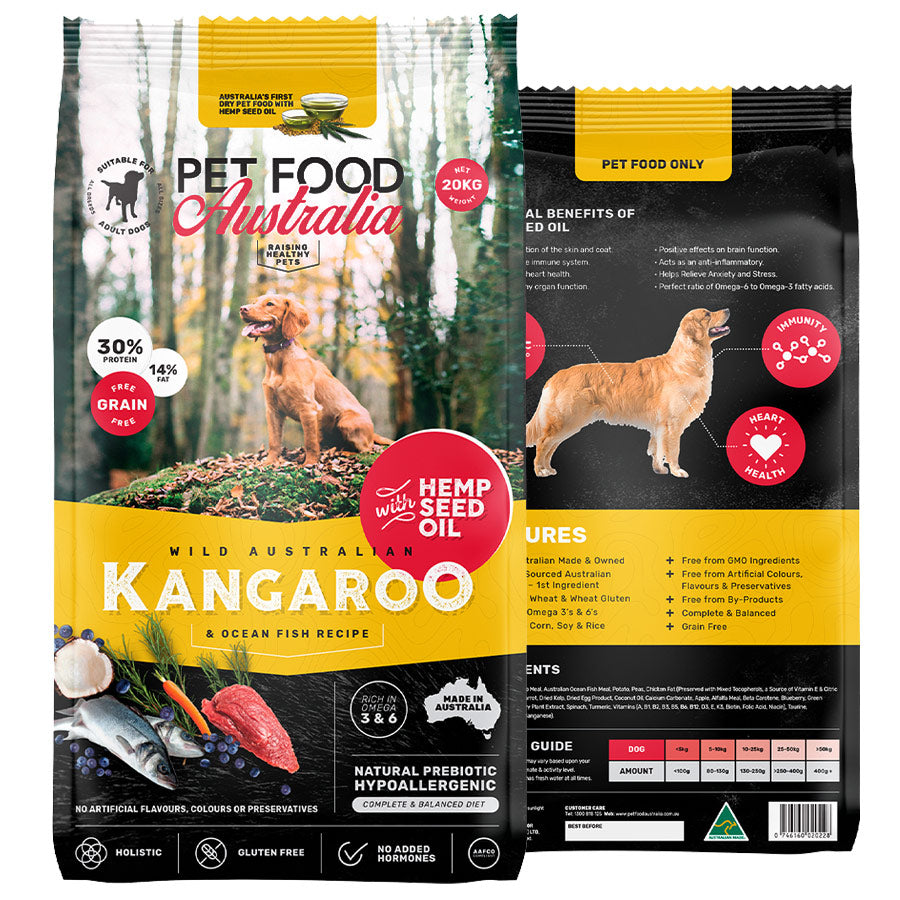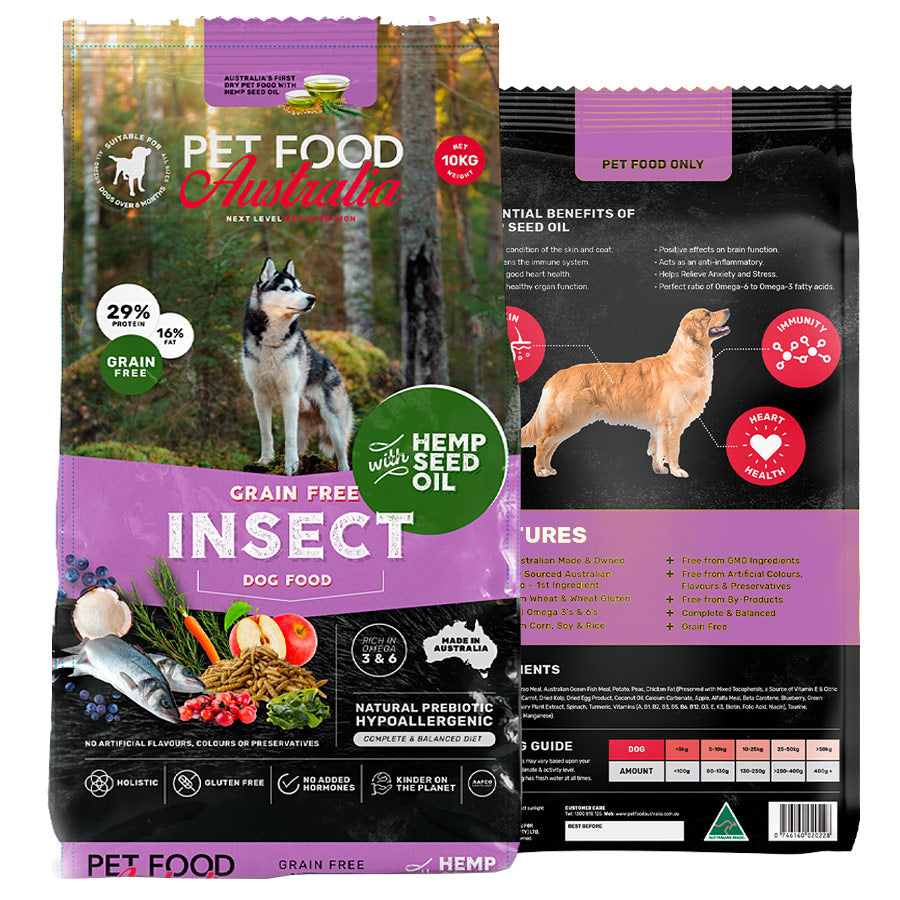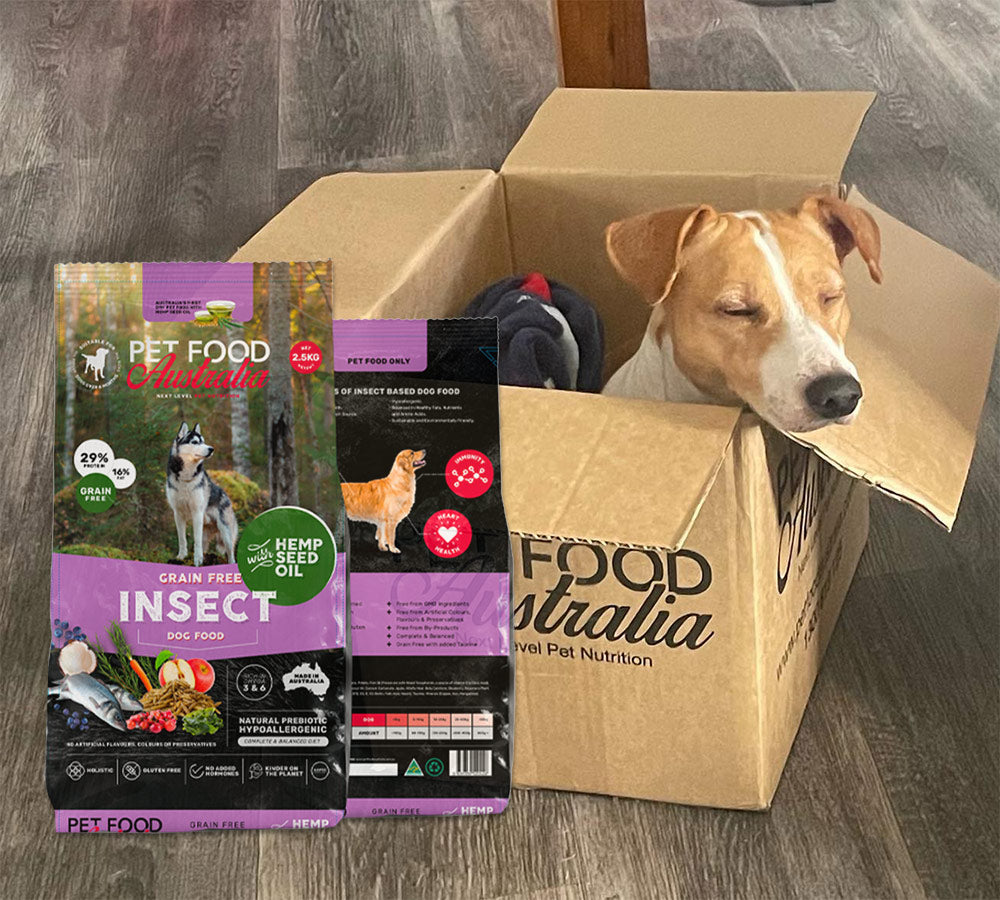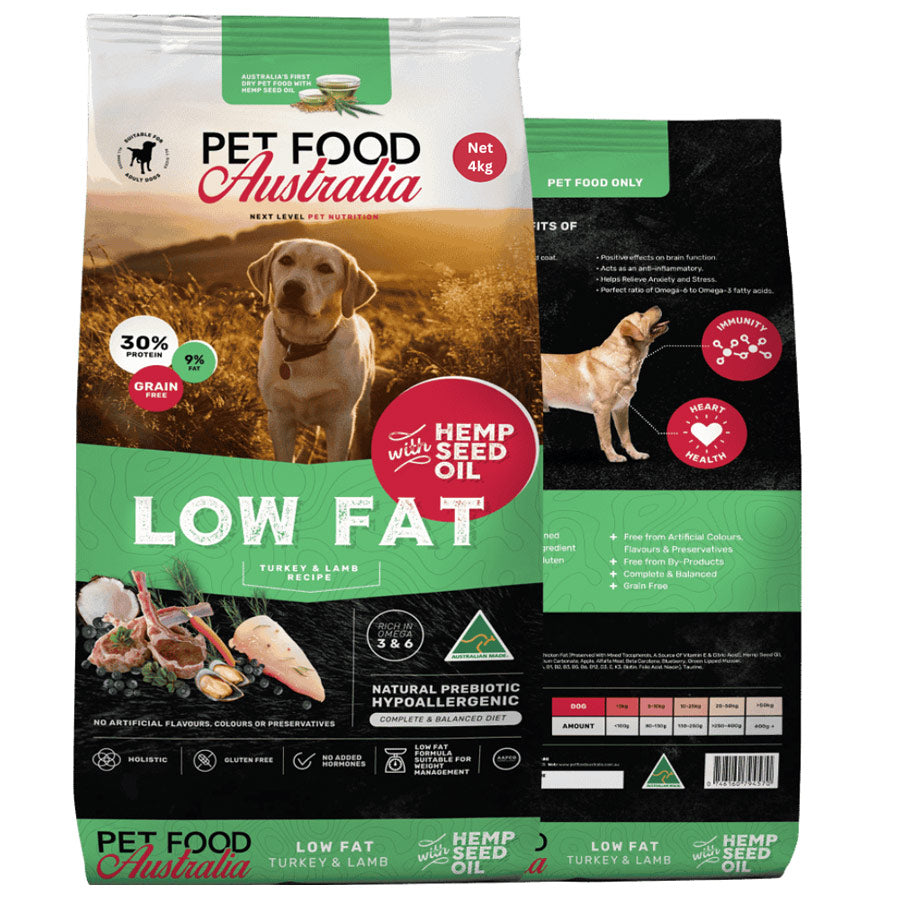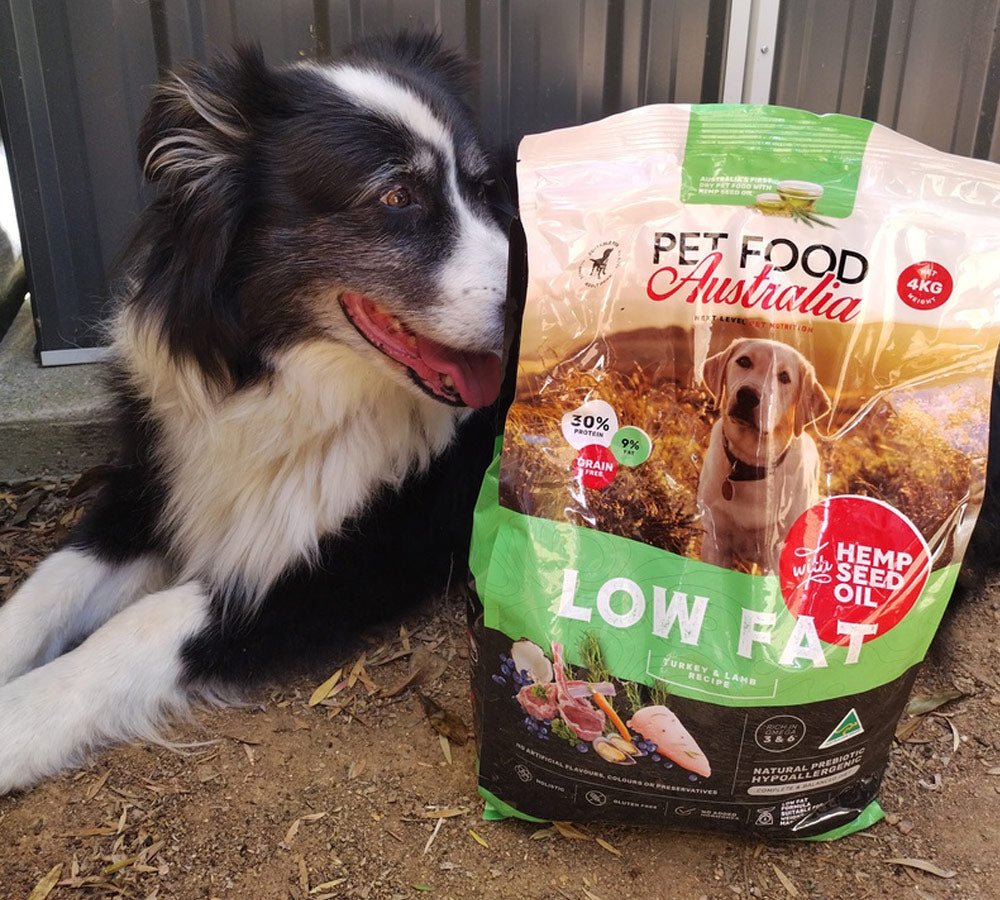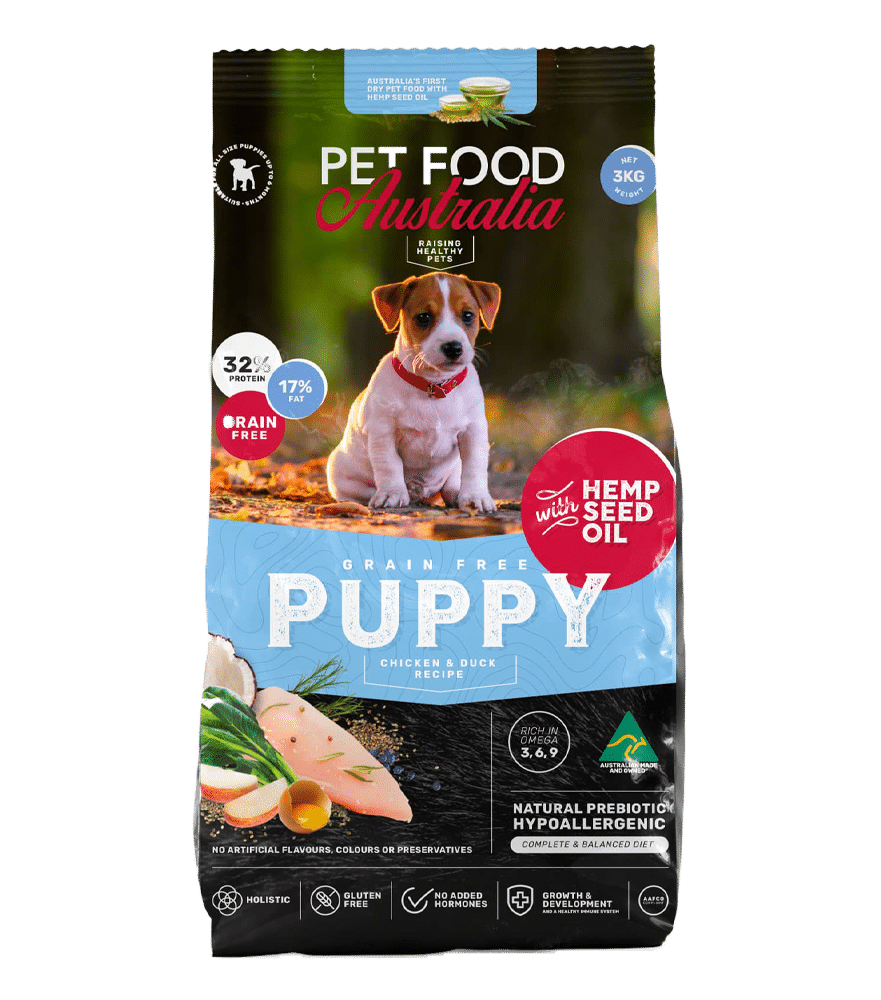Spring Allergies in Pets

Spring Allergies in Pets: Causes, Symptoms, and Solutions
As the flowers bloom and the days get longer, many of us eagerly welcome the arrival of spring. However, for some furry companions, springtime can bring about a less-than-welcome visitor: allergies. Like humans, pets can experience allergies, and the change of seasons, particularly spring, can trigger various allergic reactions.
So, keep reading as we delve into the causes, symptoms, and solutions for spring allergies in pets so you can help your four-legged friend enjoy the season to the fullest.
Before we jump into allergy remedies for pets, let's first look at the:
Causes of Spring Allergies in Pets

Pollen: One of the primary culprits behind spring allergies in both humans and pets is pollen. Trees, grasses, and flowers release pollen into the air during the spring months. When pets come into contact with pollen, it can lead to allergic reactions.
Mould and Mildew: Spring's warmer and wetter weather can promote the growth of mould and mildew, which can be found indoors and outdoors. Pets exposed to mould spores may develop allergies.
Insects: Spring increases insect activity, including fleas and ticks. Some pets are allergic to insect bites, which can lead to itching, redness, and discomfort.
Spring Cleaning: Household cleaning products, like air fresheners and sprays used during spring cleaning, can release chemicals that trigger pet allergies when inhaled.
However, remember that pets, like humans, are all different, and if you have more than one pet, their bodies will likely react differently to the various causes of allergic reactions. Which is why you need to keep an eye out for:
Symptoms of Spring Allergies in Pets

Recognising the symptoms of spring allergies in your pet is crucial for prompt intervention. Common signs of pet allergies during this season may include:
Itching: Excessive scratching, biting, or licking, especially around the paws, face, and ears.
Sneezing: Frequent sneezing, sniffling, or nasal discharge.
Watery Eyes: Redness and discharge from the eyes.
Skin Irritations: Rashes, hives, or inflamed skin.
Ear Infections: Ear discomfort and recurring infections.
Gastrointestinal Issues: Vomiting or diarrhea in some cases.
If you notice any of these symptoms in your pet and lack the necessary products or home remedies, don't hesitate to schedule an appointment with your veterinarian.
However, if you're lucky enough that Spring allergies in your pets haven't struck in previous years, prevention is better than the cure. So, discover how to keep your pet safe with the following:
Solutions for Spring Allergies in Pets

While spring allergies can be bothersome for pets, there are several effective solutions to help them find relief:
Allergen Avoidance: Minimise your pet's exposure to allergens by keeping them indoors during high pollen days and using air purifiers in your home.
Regular Grooming: Frequent brushing and baths can help remove pollen and other allergens from your pet's coat. Be sure to use pet-safe shampoos and conditioners.
Medications: Your veterinarian may recommend antihistamines, corticosteroids, or other medications to manage your pet's allergies.
Allergy Testing: If your pet has severe or persistent allergies, consider allergy testing to identify specific triggers. This can help tailor your pet's treatment plan.
Flea and Tick Prevention: Keep your pet protected from insect bites by using flea and tick preventatives recommended by your veterinarian.
However, to provide your pet with well-rounded Spring allergy solutions, there are also more holistic approaches that you can take to help your pet during the seasonal transition.
Natural Remedies For Spring Allergies In Pets

Some pet owners opt for natural remedies as, in certain situations, they can serve as effective standalone solutions.
Some include:
Goat's Milk: Goat milk is a rich source of vitamins, minerals, beneficial fats, and lactic acid, all of which collaborate to provide deep hydration and gentle exfoliation to the skin. Consequently, this combination effectively alleviates the itchiness and dryness often associated with your dog's allergic reactions.
Aloe Vera: While many of us are familiar with the soothing effects of aloe vera for sunburn relief, the remarkable properties of this plant extend beyond that. Aloe vera boasts antibacterial, antifungal, and anti-inflammatory properties. It is a versatile solution for treating burns, itching, and hot spots when applied topically to the skin of both pets and pet parents.
You can extract aloe vera gel directly from the leaf or conveniently purchase naturally derived aloe gel from your local pet store.
Oatmeal Baths: Oatmeal boasts anti-inflammatory and antioxidant properties, calming irritated skin and alleviating the accompanying swelling.
When used topically, oatmeal acts as a natural reservoir, gradually releasing moisture to nourish the skin and coat over an extended period. To treat your furry friend to an oatmeal bath, grind oatmeal into a fine powder and sprinkle it into the bathwater for a soothing and nourishing experience.
P.S. Check out our Hemp & Oatmeal Shampoo here.
Coconut Oil: Coconut oil possesses similar antibacterial, antifungal, and anti-inflammatory qualities to aloe vera. Nevertheless, what sets coconut oil apart is its abundance of healthy fats, which provide deep moisturisation to safeguard both the inner layers and the outer surface of your dog's skin.
As an edible oil, coconut oil can be incorporated into your pup's diet or applied topically directly onto their skin for maximum benefits.
Omega 3 Fatty Acids: Packed with potent anti-inflammatory properties, omega-3 fatty acids play a crucial role in reducing the inflammation triggered by allergic reactions.
In addition to other natural remedies, Pet Food Australia also offers Hemp Seed Oil, a remarkable product rich in omega-3, 6 and fatty acids that can further enhance your pet's well-being. Adding PFA's Hemp Seed Oil to your pup's high quality daily pet food can benefit your dog's diet as it is jam-packed with essential nutrients, bolstering your pooch's health in various ways, including keeping any Spring allergies at bay.
By opting for natural remedies, pet parents can ensure their dog's safety, guarding them against potential toxins that may enter their system through ingestion or topical use.
Ensuring your pet gets adequate nutrition is also vital in ensuring it stays in tip-top shape while adding a layer of protection against skin allergies. A well-rounded and balanced diet is essential in giving your pets a healthy foundation to warn off unwanted allergies and a multitude of illnesses that can be a product of an un-nutritious pet food.
Spring allergies in pets can be managed effectively with the right approach and care. By understanding the causes, recognising symptoms early, and seeking appropriate solutions, you can ensure that your furry friend enjoys the spring season comfortably.




